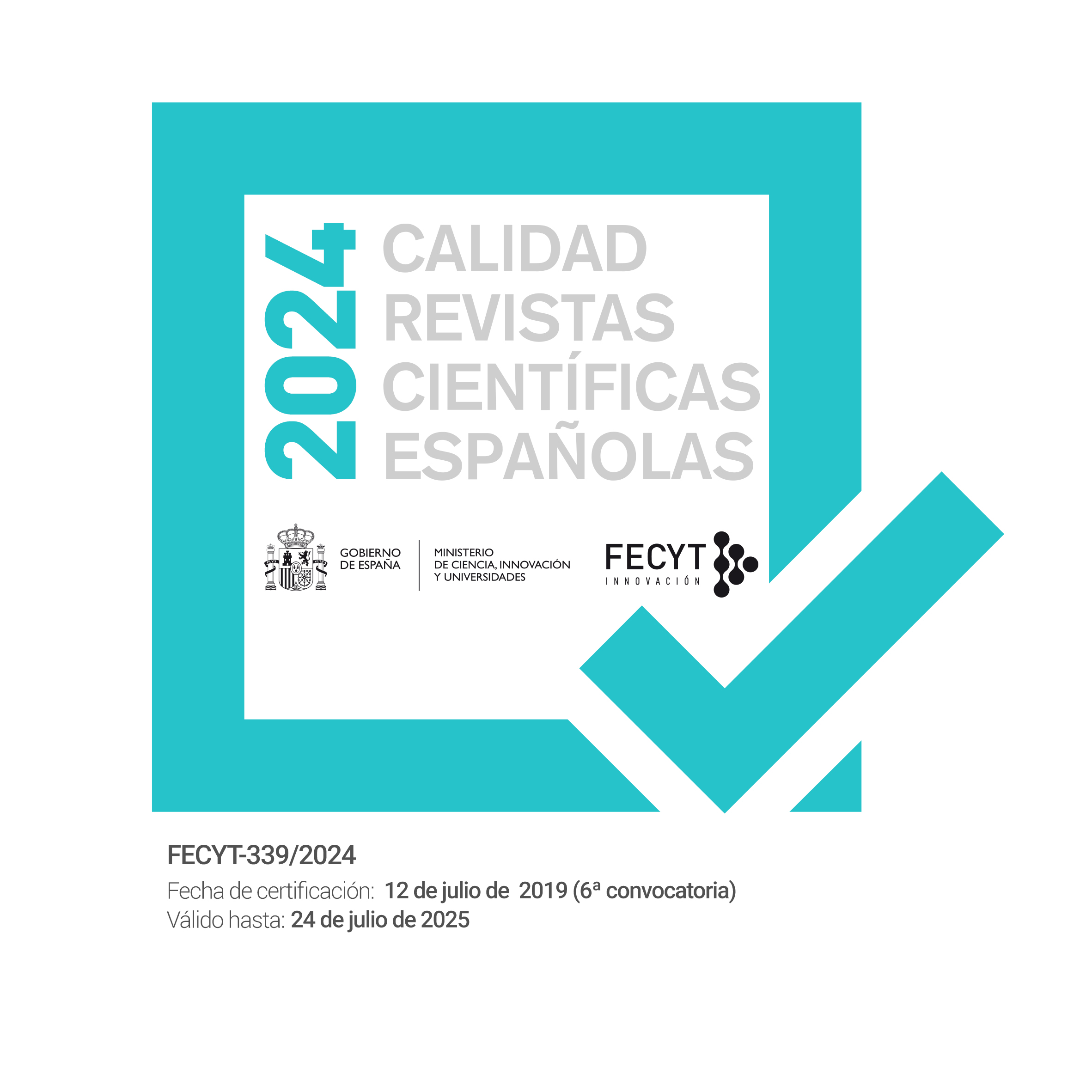AN ANARCHIST THEORY OF KNOWLEDGE
DOI:
https://doi.org/10.24310/Claridadescrf.v2i0.3923Keywords:
EPISTEMOLOGICAL ANARQUISM, FEYERABEND, SCIENCE, TRUTH, METHOD, METHODOLOGICAL PLURALISMAbstract
Feyerabend ?s epistemological anarchism denies the existence of a solemethod to reach scientific knowledge. There are many ways to obtaintrue knowledge. Moreover, epistemological anarchism states that strictlyfollowing science rules we will not be able to discover anything new.Why not? Because science is a creative and «anarchist» process wherethe rational and oppressive methodological principles imposed, aremainly a hinder in the pursuit of truth. In conclusion, what truly underlies to epistemological anarchism is: the idea that John Preston wisely came to call «methodological pluralism», and a criticize to normative epistemology in favour of descriptive epistemology.Downloads
Metrics
Publication Facts
Reviewer profiles N/A
Author statements
Indexed in
-
—
- Academic society
- N/A
- Publisher
- Asociación para la promoción de la filosofía y la cultura en Málaga (FICUM) y UMAEditorial
References
Durán, M. A. (2001). Feyerabend. Madrid: Ediciones del Orto.
Feyerabend, P. (1986). Tratado contra el método. Madrid: Editorial Tecnos.
Feyerabend, P. (1995). Killing time: The autobiography of Paul Feyerabend. Chicago: University of Chicago Press. (Traducción personal).
Feyerabend, P. (1996). Adiós a la razón. Madrid: Editorial Tecnos.
Motterlini, M. (Ed.). (1999). For and against method: Including Lakatos's lectures on scientific method and the Lakatos-Feyerabend. Chicago: University of Chicago Press.
Preston, J. (1997). Feyerabend: Philosophy, science and society. Cambridge, UK: Polity Press.
Preston, J. (2009). Paul Feyerabend. In E. N. Zalta (Ed.), The Stanford Encyclopedia of Philosophy (Winter 2009 Edition). URL: http://plato.stanford.edu/archives/win2009/entries/feyerabend/. (Traducción personal).
Downloads
Published
How to Cite
Issue
Section
License
Copyright (c) 2018 Claridades. Revista de Filosofía

This work is licensed under a Creative Commons Attribution-NonCommercial-ShareAlike 4.0 International License.
Esta revista provee acceso libre inmediato a su contenido bajo el principio de hacer disponible gratuitamente la investigación al público. Todos los contenidos publicados en Claridades. Revista de Filosofía, están sujetos a la licencia Creative Commons Reconocimento-NoComercia-Compartirigual 4.0 cuyo texto completo puede consultar en <http://creativecommons.org/licenses/by-nc-sa/4.0>
Es responsabilidad de los autores/as obtener los permisos necesarios de las imágenes que están sujetas a derechos de autor.
Los autores/as cuyas contribuciones sean aceptadas para su publicación en esta revista conservarán el derecho no exclusivo de utilizar sus
contribuciones con fines académicos, de investigación y educativos, incluyendo el auto-archivo o depósito en repositorios de acceso abierto de cualquier tipo.
La edición electrónica de esta revista esta editada por la Editorial de la Universidad de Málaga (UmaEditorial), siendo necesario citar la procedencia en cualquier reproducción parcial o total.

















6.png)
